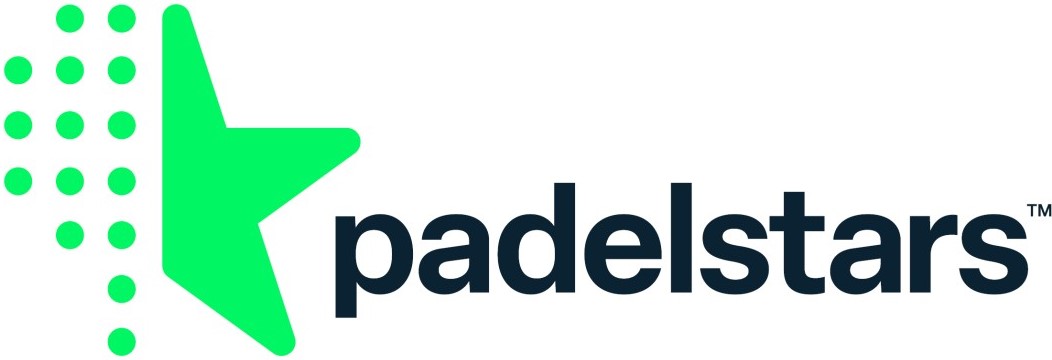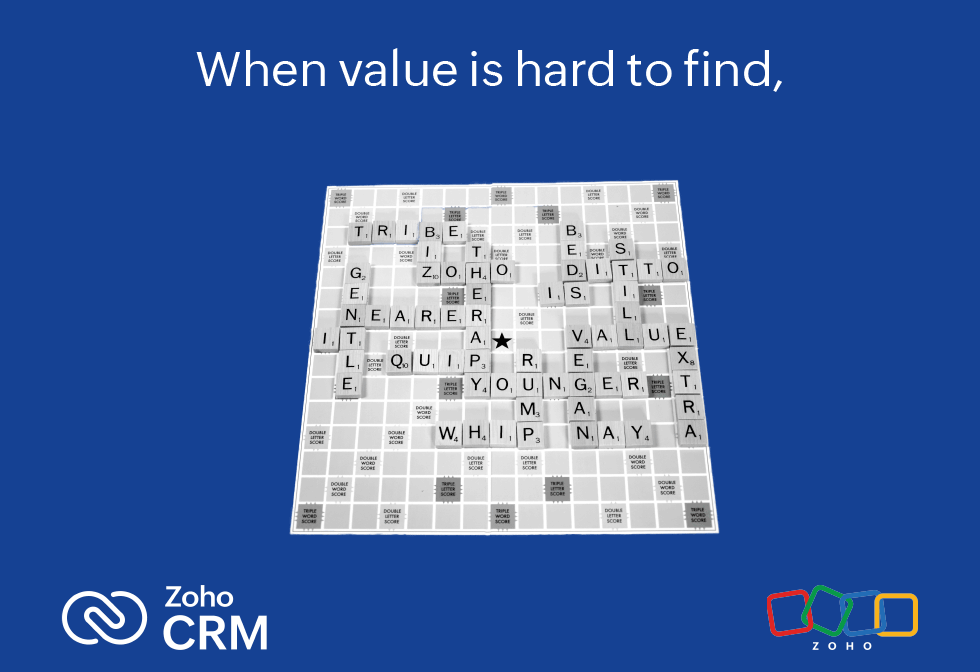Digitising tax returns means smoothing trade with Europe?

HMRC’s Making Tax Digital (MTD) initiative now applies to all UK VAT registered businesses. While different views have been expressed on whether it goes far enough, is giving effective results or is too much too soon, anyone trading in or with the EU will soon have a multitude of far more significant technology-based compliance obligations to deal with.
Rob Janering, VAT and Customs Partner at national audit, tax, advisory and risk firm Crowe UK explains more.
For many a year, to submit a VAT return meant filling in a paper form and posting it to the tax office. That evolved to filling in an online form, payments shifted from cheque to BACS and now we have digitisation through the MTD initiative. This means submitting your tax return is now completed via an API link to HMRC to ensure all records must be kept digitally.
There were many complaints made when the MTD initiative was rolled out, but when compared with other tax authority requirements for VAT compliance, it seems reasonable. It is not, for example, asking that real time reporting of transactions takes place, like in Spain or Hungary, transactional records with specific data fields be filed, such as in Poland, or the tax authority approve invoices before they are sent, as in Italy.
However, the EU’s VAT in the Digital Age (ViDA) will start to have effect from 1 January 2025 and many of the rules in this are likely to be adopted by HMRC. So, for businesses trading in or with the EU, they are likely to take on ‘early adopter’ status for many of these new rules. That might create a short-term issue but in the long-term, they are likely to be the main beneficiaries of having to update tax compliance systems that can give business wide upsides.
What is ViDA?
There are three key pillars to ViDA:
1. Digital reporting
A replacement to sending paper or pdf documents. Instead, an electronic document with prescribed data sets will be generated automatically and sent to the customer, but that requires both parties to have the right technology to send and receive it. This is likely to be rolled out for domestic transactions in EU member states from 1 January 2024.
There will also be a need, from 2028, for all cross-border supplies within the EU to be subject to e-invoicing. In addition, these transactions will have to be reported within two days.
2. Platform economy changes
From 2025 marketplaces for passenger transport and short-term accommodation will become liable to account for the VAT due on sales made via their websites and/or apps. This approach follows the success of process of recording goods entering the EU when B2C sales are made.
3. Extension of One Stop Shop (OSS) registrations
These are currently available for goods moving into the EU valued under €150 and for B2C sales made cross border. From 2025 there will be an extension to cover B2B cross border movements of goods, and an increased number of B2C supplies of services. From 2028, there is also talk of the €150 threshold being abolished (initially for marketplaces, but eventually for all).
Managing all this change
All this change can seem daunting, and it is true that increasing and varying how tax is reported brings challenges, that said, if viewed positively and tackled proactively, it can be a real driver of change for businesses.
The expectation is that filing of returns, completion of e-invoicing obligations and digital reporting will not involve businesses having to make big investments in technology. There are many providers out there who can facilitate those services but what businesses will need to focus on is, first, understanding their supply chains and what the reporting obligations are and then, having done this, making sure they have good data sets.
This means ensuring, for example, that websites are set up to charge customers the right amount of VAT in the correct currency or that tax codes are used appropriately to help with filing. It’s about filtering the myriad sources of data that businesses collect to obtain what is needed and to do that will need cross departmental linkage.
Those businesses that spend the time to set up systems correctly, update them appropriately and understand their data sets will find the transition to these new rules relatively straight forward. They will also have access to trends, changes and cost variations sooner than competitors and while that will not help with tax compliance, it might just give them the edge commercially - two benefits for the price of one!
Should you require assistance with understanding how ViDA will impact your business Crowe can assist. Contact [email protected].














